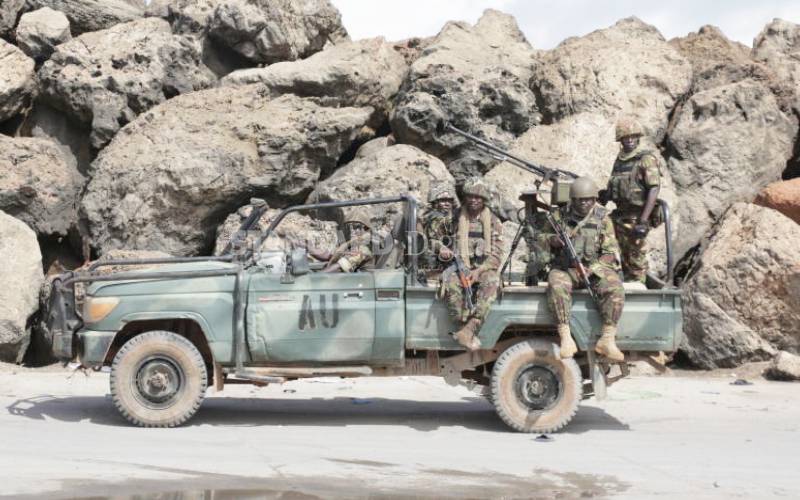×
The Standard e-Paper
Fearless, Trusted News

One wonders what KDF wants aspiring service men and women to think if this is how they treat our veterans.
The sad plight of Second Lieutenant John Njoroge Mwangi smacks of betrayal of the men and women who go out of the way to keep our borders safe.